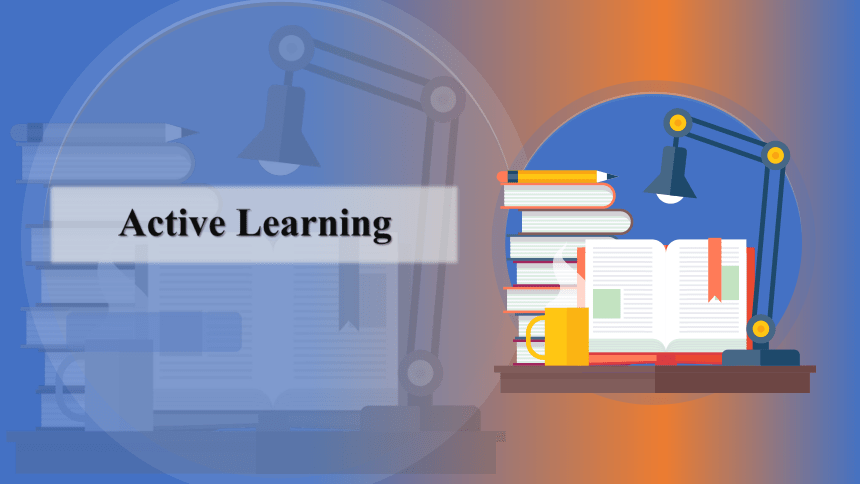(
课件网) Active Learning 第一课时教学目标 1. 提取 “积极学习”的概念。 2. 梳理出五个积极学习建议的原因,学习行为和学习效果,并用完整的句子选择一条建议进行介绍。 What do active students do in classes to take notes to focus on to ask questions to reflect on to pay attention to to be curious to be open-minded to listen to a different point of view Who is an active learner in our class Why I think… is an active learner, because… Read para. 1 and answer the two questions. Q2: What will the author talk about in the article Q1: What is active learning Ask questions Get to the truth Listen to the outer voice Focus on the message Argue with your inner voice Read the text quickly and write the suggestions before the paragraphs. Listen to the outer voice Argue with your inner voice Ask questions Get to the truth Focus on the message Ask questions Get to the truth Listen to the outer voice Focus on the message Argue with your inner voice Listen to the outer voice Why do we need to listen to outer voice How should we listen to the outer voice What benefits can we get if we listen to the outer voice Read para. 2 and answer the questions. What is inner voice and what is outer voice The inner voice expresses your personal opinions. The outer voice tells you about opinions from what you hear or read. When you read a passage or listen to a speech, your own understanding about the topic is different from what the writer or speaker is saying. Inner voice Outer voice What is inner voice and what is outer voice Listen to the outer voice Reasons: Learning actions: Learning effects: Why do we need to listen to outer voice How should we listen to the outer voice What benefits can we get if we listen to the outer voice Sometimes our inner voice can get in the way of learning. If we keep paying too much attention to our inner voice, we will risk missing important information. We should be open-minded and focus on what the speaker/writer is saying, not on what our brain is saying in the background. In this way, we will be in a better position to make decisions. prevent/stop you from learning Argue with your inner voice Reasons: Learning actions: Learning effects: If we find our inner voice difficult to control, we can argue with our inner voice. When our inner voice tells us a speaker or writer is wrong, we should think about why the writer/speaker may be right. We should be flexible in our opinion. We might end up agreeing with the speaker/writer. If not, at least we have listened to another point of view. If you find your inner voice difficult to control, you can… 1. When in class, focus on expressing your own opinion. Are the the two ways of learning correct according to the author If not, what should we do Why 2. If you think a speaker is wrong, argue with him/her. Inner voice Listen to the outer voice Outer voice Argue with your inner voice Active Learning Listen to the outer voice Argue with your inner voice ... ...

